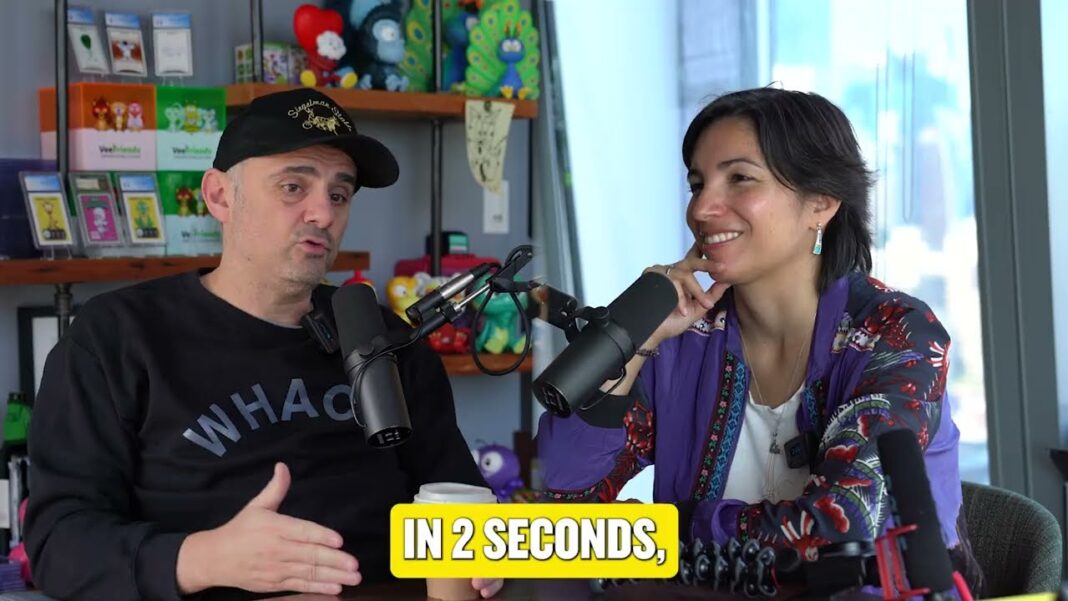In today’s digital age, social media marketing has become a critical component in event planning and promotion. With the ever-increasing popularity and reach of various social media platforms, businesses can now connect with billions of users and effectively target their specific audience. However, with this wide range of options and constant changes in the social media landscape, it can be challenging to navigate and utilize these platforms to their full potential. This article aims to provide a comprehensive guide on maximizing event success through effective social media marketing strategies.
Overview of Social Media Marketing in Event Planning
Social media marketing involves using various social media platforms to promote products or services, build brand awareness, and engage with a target audience. In the context of event planning, social media marketing allows businesses to reach a larger audience, generate buzz and excitement, and ultimately drive attendance and ticket sales. It also offers a cost-effective alternative to traditional forms of advertising, making it an attractive option for businesses of all sizes.
However, with so many social media platforms available, it can be overwhelming to determine which ones are most suitable for event promotion. Each platform has its own unique features, demographics, and user behaviors, making it essential to understand the strengths and weaknesses of each one before creating a marketing strategy. The following section will delve into how to effectively identify and target your audience through social media analytics.
Identifying Target Audiences Through Social Media Analytics

One of the fundamental principles of social media marketing is knowing your target audience. Without a clear understanding of who you are trying to reach, your marketing efforts may fall short. Social media analytics tools make it easier to gather insights about your audience and tailor your content accordingly. These tools provide information such as demographics, interests, online behaviors, and engagement rates, allowing you to create more targeted and effective campaigns.
There are several social media analytics tools available, such as Facebook Insights, Twitter Analytics, and Instagram Insights. These tools offer valuable information about your followers, including their age, gender, location, and even the time they are most active on the platform. For example, if you are hosting an event targeting young professionals, Instagram would be a suitable platform to focus on as it has a higher percentage of users in this age group compared to other platforms.
Additionally, social media analytics can help you identify what type of content resonates with your audience. By analyzing the engagement rates on different types of posts, such as photos, videos, or text-based, you can gain insights into what your audience prefers and create content that will capture their attention. This leads us to the next crucial aspect of social media marketing for events – crafting engaging content.
Crafting Engaging Content for Event Promotion

Content is king in the world of social media marketing. It is essential to create content that is not only visually appealing but also valuable and shareable. With so much competition for attention on social media, businesses need to find creative ways to stand out and engage with their audience effectively. Here are some tips on creating engaging content for event promotion:
- Use eye-catching visuals: People are more likely to stop scrolling and pay attention to posts that have striking visuals rather than plain text. Utilize high-quality images, videos, and graphics to make your posts visually appealing.
- Create a sense of urgency: Limited-time offers, early bird promotions, and flash sales can create a sense of urgency and FOMO (fear of missing out) among your audience, encouraging them to take action and purchase tickets to your event.
- Leverage user-generated content: Encourage your audience to share their experiences or excitement about your event by using a branded hashtag. This not only helps promote your event but also adds a personal touch and credibility to your brand.
- Use storytelling: Storytelling is a powerful tool to connect with your audience and evoke emotions. Create compelling narratives around your event, its purpose, or the experiences attendees can expect, and use them in your content to engage with your audience.
Apart from creating original content, businesses can also leverage influencer partnerships to boost their event’s visibility and reach a wider audience.
Utilizing Influencer Partnerships to Boost Event Visibility
Influencers are individuals with a large following on social media who have established themselves as experts or authorities in a particular niche. Collaborating with influencers is an effective way to increase brand awareness, credibility and tap into their engaged and loyal followers. When choosing influencers for your event promotion, it is vital to look for those who align with your brand’s values and target audience.
There are various types of influencers, such as celebrities, micro-influencers, and industry experts. While working with well-known celebrities may seem like the ideal choice, it may not always be the most cost-effective option for smaller businesses. Micro-influencers, on the other hand, have a smaller but highly engaged following and are often more accessible and affordable. Partnering with industry experts can also add credibility to your event and attract attendees who are interested in learning from these experts.
To make the most out of influencer partnerships, businesses should work closely with influencers to create sponsored posts, videos, or live streams that showcase your event and its highlights. These posts should include a call-to-action for their followers to purchase tickets or attend the event, along with a unique discount code or offer for their followers.
Effective Use of Paid Advertising on Social Platforms
While organic reach and engagement on social media are significant, they can sometimes fall short in promoting events to a broader audience. This is where paid advertising comes in. Social media platforms offer various options for businesses to advertise their events, such as boosted posts, sponsored ads, and targeted campaigns. Here are some tips for effectively using paid advertising for event promotion:
- Define your objectives: Before creating an ad, it is essential to determine what you want to achieve – whether it is increasing brand awareness, driving ticket sales, or promoting a specific offer.
- Utilize targeting options: Social media platforms allow businesses to target specific demographics, interests, and behaviors. Use these options to reach your ideal audience and maximize the ROI of your ads.
- A/B test your ads: Testing multiple variations of your ads can help identify which ones are most effective in achieving your objectives. This can include testing different visuals, messaging, or calls-to-action.
- Monitor and adjust: It is crucial to track the performance of your ads and make necessary adjustments if needed. This can help improve the effectiveness of your campaign and ensure you are reaching the right audience.
Measuring Engagement and Conversion Rates
One of the significant advantages of social media marketing is the ability to track and measure the success of your campaigns. Businesses can use various metrics, such as engagement rates, website traffic, and conversion rates, to determine how well their social media marketing efforts are performing. These metrics can provide valuable insights into which platforms, content, and strategies are working and which ones need improvement.
Engagement rates on social media refer to the number of likes, comments, shares, and clicks on your posts. This metric can give an indication of how interested and engaged your audience is with your content. Website traffic and conversion rates provide insights into how many people clicked on your links and took action, such as purchasing tickets or signing up for your event. By analyzing these metrics, businesses can make data-driven decisions and continually improve their social media marketing strategies.
Case Studies of Successful Event Marketing Campaigns
To further understand the impact of social media marketing on events, let us look at some successful case studies.
Coachella Music Festival
Coachella, one of the world’s largest music festivals, has mastered the art of social media marketing. In 2019, they used Facebook and Instagram to promote their lineup announcement by creating an interactive game that featured the names of artists hidden within emojis. This not only generated buzz but also encouraged fans to share and engage with the post, increasing its reach and visibility.
Adobe Summit
Adobe Summit, an annual digital marketing conference, partnered with various influencers and industry experts to promote their event on social media. They utilized influencer-generated content, live streams, and behind-the-scenes footage to showcase the value and excitement of attending the event. As a result, the event saw a 25% increase in attendance from the previous year.
Future Trends in Social Media Marketing for Events
As technology continues to evolve, so does the world of social media marketing. Here are some trends to look out for in the future:
- Live streaming: Live streaming has become increasingly popular on social media, and this trend is likely to continue in the future. Live streaming events can help reach a wider audience and create a sense of exclusivity and urgency among attendees.
- Augmented reality (AR) and virtual reality (VR): AR and VR technologies are gaining momentum and have the potential to transform event experiences. These technologies can allow attendees to interact with virtual elements, such as products, sponsors, or speakers, making the event more immersive and engaging.
- Personalization: With the abundance of data available, businesses can now personalize their marketing efforts and tailor them to individual preferences. This trend is likely to continue in the future, allowing businesses to provide a more personalized and relevant experience for their target audience.
Conclusion
In conclusion, social media marketing has become a crucial component in event planning and promotion. By understanding your target audience, creating engaging content, utilizing influencer partnerships, and effective paid advertising, businesses can drive attendance and ensure the success of their events. Additionally, continuously monitoring and optimizing social media campaigns using data-driven insights is essential for long-term success. As the social media landscape continues to evolve, businesses must adapt and utilize emerging technologies and trends to stay ahead of the curve. Combined with traditional event marketing strategies, an effective social media marketing strategy can help businesses maximize their event’s success.

